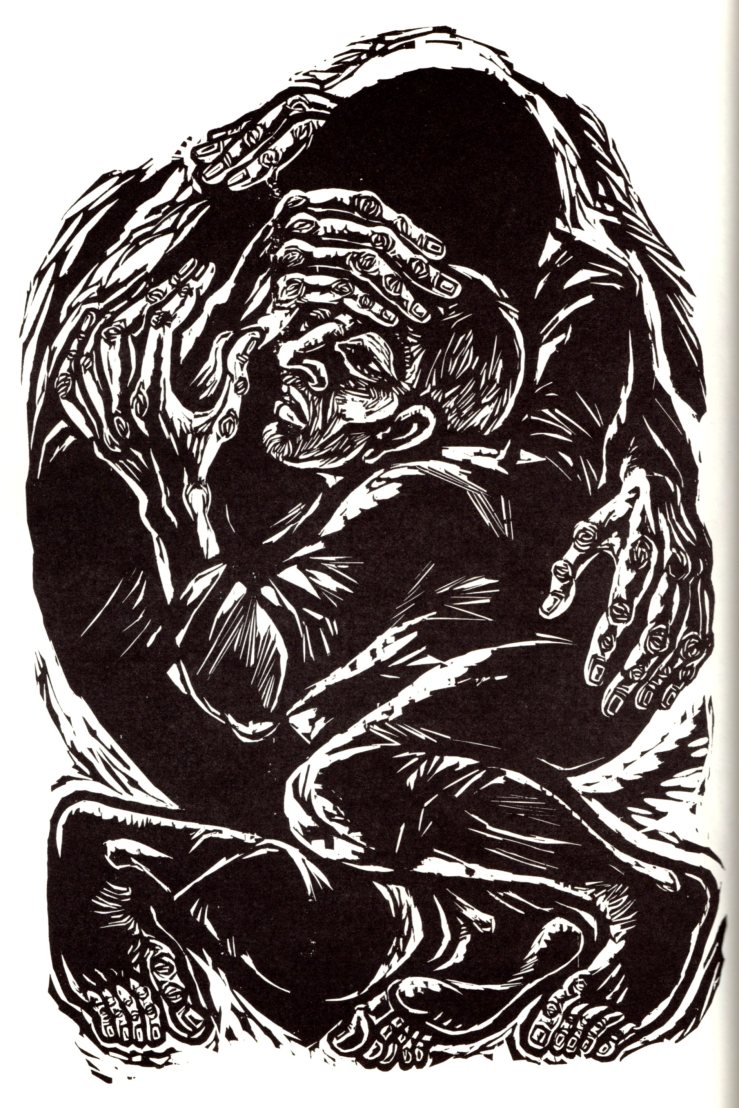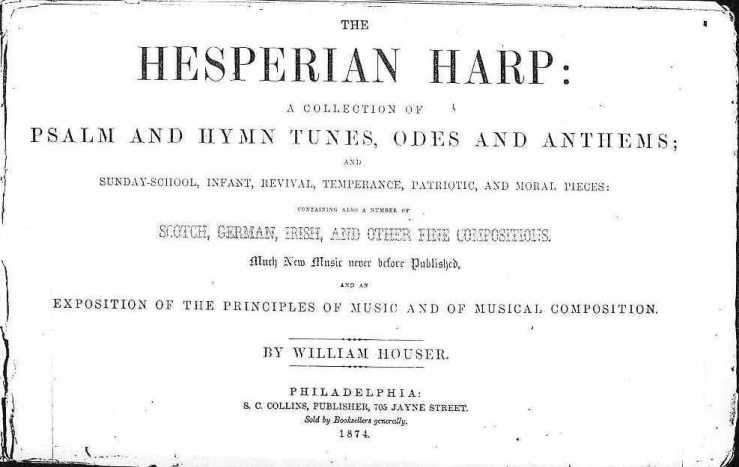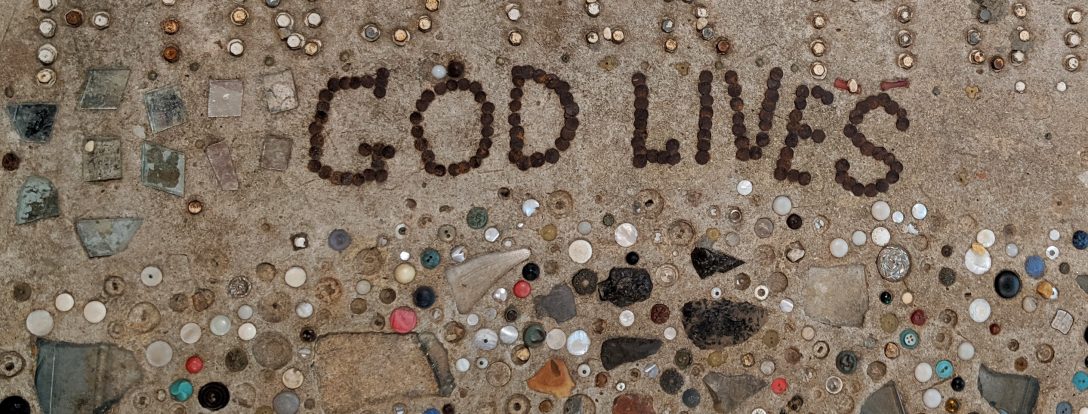
The same night he arose and took his two wives, his two female servants, and his eleven children, and crossed the ford of the Jabbok. He took them and sent them across the stream, and everything else that he had. And Jacob was left alone. And a man wrestled with him until the breaking of the day.
When the man saw that he did not prevail against Jacob, he touched his hip socket, and Jacob’s hip was put out of joint as he wrestled with him. Then he said, “Let me go, for the day has broken.”
But Jacob said, “I will not let you go unless you bless me.”
And he said to him, “What is your name?”
And he said, “Jacob.”
Then he said, “Your name shall no longer be called Jacob, but Israel, for you have striven with God and with men, and have prevailed.”
Then Jacob asked him, “Please tell me your name.”
But he said, “Why is it that you ask my name?” And there he blessed him.
So Jacob called the name of the place Peniel, saying, “For I have seen God face to face, and yet my life has been delivered.” The sun rose upon him as he passed Penuel, limping because of his hip.
—Genesis 32:22–31
+++
SONG: “Wrestling Jacob,” aka “Come, O Thou Traveler Unknown” | Words by Charles Wesley, 1742 | Traditional Scottish melody (CANDLER / BONNIE DOON), from The Hesperian Harp, 1848 | Performed by Tim Eriksen, on Soul of the January Hills, 2010
Come, O thou Traveler unknown,
Whom still I hold but cannot see!
My company before is gone,
And I am left alone with Thee;
With Thee all night I mean to stay,
And wrestle till the break of day.I need not tell Thee who I am,
My misery and sin declare;
Thyself hast called me by my name,
Look on Thy hands, and read it there;
But who, I ask Thee, who art Thou?
Tell me Thy name, and tell me now.In vain Thou strugglest to get free,
I never will unloose my hold!
Art Thou the Man that died for me?
The secret of Thy love unfold;
Wrestling, I will not let Thee go,
Till I Thy name, Thy nature know.Wilt Thou not yet to me reveal
Thy new, unutterable Name?
Tell me, I still beseech Thee, tell;
To know it now resolved I am;
Wrestling, I will not let Thee go,
Till I Thy Name, Thy nature know.’Tis all in vain to hold Thy tongue
Or touch the hollow of my thigh;
Though every sinew be unstrung,
Out of my arms Thou shalt not fly;
Wrestling I will not let Thee go
Till I Thy name, Thy nature know.What though my shrinking flesh complain,
And murmur to contend so long?
I rise superior to my pain,
When I am weak, then I am strong,
And when my all of strength shall fail,
I shall with the God-man prevail.My strength is gone, my nature dies,
I sink beneath Thy weighty hand,
Faint to revive, and fall to rise;
I fall, and yet by faith I stand;
I stand and will not let Thee go
Till I Thy Name, Thy nature know.Yield to me now, for I am weak,
But confident in self-despair;
Speak to my heart, in blessings speak,
Be conquered by my instant prayer;
Speak, or Thou never hence shalt move,
And tell me if Thy Name is Love.’Tis Love! ’tis Love! Thou diedst for me!
I hear Thy whisper in my heart;
The morning breaks, the shadows flee,
Pure, universal love Thou art;
To me, to all, Thy bowels move;
Thy nature and Thy Name is Love.My prayer hath power with God; the grace
Unspeakable I now receive;
Through faith I see Thee face to face,
I see Thee face to face, and live!
In vain I have not wept and strove;
Thy nature and Thy Name is Love.I know Thee, Savior, who Thou art.
Jesus, the feeble sinner’s friend;
Nor wilt Thou with the night depart.
But stay and love me to the end,
Thy mercies never shall remove;
Thy nature and Thy Name is Love.The Sun of righteousness on me
Hath rose with healing in His wings,
Withered my nature’s strength; from Thee
My soul its life and succor brings;
My help is all laid up above;
Thy nature and Thy Name is Love.Contented now upon my thigh
I halt, till life’s short journey end;
All helplessness, all weakness, I
On Thee alone for strength depend;
Nor have I power from Thee to move:
Thy nature, and Thy name is Love.Lame as I am, I take the prey,
Hell, earth, and sin, with ease o’ercome;
I leap for joy, pursue my way,
And as a bounding hart fly home,
Through all eternity to prove
Thy nature and Thy Name is Love.
In “Come, O Thou Traveler Unknown,” Charles Wesley merges his own faith struggle with the story of Jacob’s literal wrestling with God at the Jabbok river. Holding on with a fierce resolve, the speaker demands to know the name and nature of the elusive being with whom he grapples, and midway through the poem, both are revealed to him as Love.
This story from Genesis has always compelled me—the strangeness of it, Jacob’s tenacity (“I will not let you go until you bless me!”), God’s naming act. I wrote about it in my very first contribution to ArtWay, back in January 2013, in relation to a painting of the subject by the Jewish artist Arthur Sussman. I see in it an invitation to wrestle with the unknown. If Jacob’s story can be taken as paradigmatic, then that means our persistence will be rewarded with divine revelation. In his striving with God, Jacob comes to see God truly, and he is forever changed.
Wesley brilliantly captures the essence of Jacob’s middle-of-the-night encounter in “Come, O Thou Traveler Unknown.” I discovered the hymn years ago through Americana artist and musicologist Tim Eriksen’s moving a cappella rendition, which appears on his album Soul of the January Hills. (You can watch him singing it to a fiddle accompaniment at a Baroque church in Poland in this video.) Though it circulates with various tunes, Eriksen uses the one known as CANDLER, which originated in Scotland but first appeared in the US, in written form, in The Hesperian Harp in 1848, a shape-note tune book compiled by the Rev. Dr. William Hauser of Jefferson County, Georgia.

I’m an amateur pianist and a church music leader, so when I encounter hymns I like, I try to find the four-part piano score to print, play, and archive. I found “Come, O Thou Traveler Unknown” with CANDLER as #386 in the United Methodist Hymnal. (As for online availability, see a similar hymn sheet here.) The two-page version with notation includes only four verses (stanzas 1, 2, 8, and 9 of Wesley’s original fourteen-stanza poem), but it is followed by a lyric page, #387, that reproduces Wesley’s full text. A note follows:
John Wesley ended his obituary tribute to his brother Charles at the Methodist Conference in 1788: “His least praise was his talent for poetry: although Dr. [Isaac] Watts did not scruple to say that ‘that single poem, Wrestling Jacob, was worth all the verses he himself had written.’”
For more on this hymn, see the “History of Hymns” article from the UMC’s Discipleship Ministries, and the outline by Rodney Sones from the 2008 symposium on Charles Wesley at the Southern Baptist Theological Seminary.
+++
To visually illuminate Genesis 32:22–31, I’ve chosen a woodcut by the late Walter Habdank. It is one of eighty interpretive woodcuts he made (some black-and-white, some color) for the Habdank Bibel, an illustrated German-language Bible published in 1995. His works are technically and exegetically skillful. Here the “unknown traveler” is a shadowy figure whose hands on Jacob’s head and back seem gently placed rather than combative. It almost seems as if the two are embracing.
The image recalls the scene of Isaac bestowing blessing on his son, a blessing Jacob “stole” from his slightly elder twin brother, Esau, from whom he is now on the run. Habdank links the two episodes to emphasize that ultimate blessing, ultimate validation, come from God, who condescends to engage our grappling and who names us. God never does tell Jacob his name, but Jacob eventually recognizes who he is, as he exclaims afterward, “I have seen God face to face!” And he commemorates the momentous occasion by naming the place Peniel, “the face of God.” Our struggles, too, afford us the opportunity to encounter God—to experience through our weakness and our brokenness, as Charles Wesley would say, a deep realization of “pure, universal Love.”
This post belongs to the weekly series Artful Devotion. If you can’t view the music player in your email or RSS reader, try opening the post in your browser.
To view all the Revised Common Lectionary scripture readings for Proper 24, cycle C, click here.
